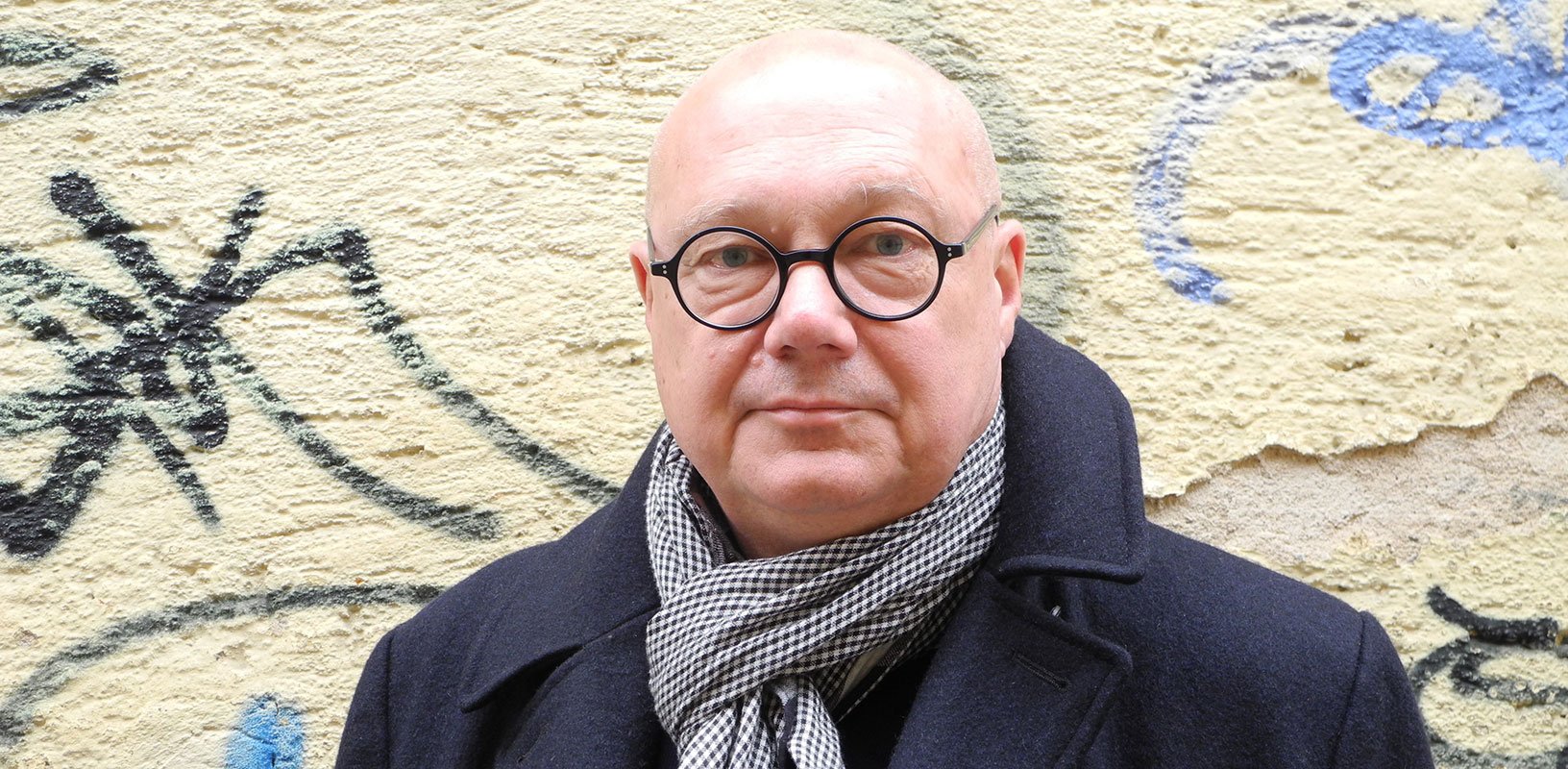Manfred Trojahn: new Eurydice opera staged in Amsterdam

Dutch National Opera unveils Manfred Trojahn’s new stagework Eurydice - Die Liebenden, blind in Amsterdam on 5 March. The opera blends the mythical tale of love and loss, viewed from Eurydice’s perspective, with poetry by Rainer Maria Rilke.
Ten years after the success of his opera Orest, Manfred Trojahn returns to Amsterdam for the premiere of his new stagework Eurydice - Die Liebenden, blind. Dutch National Opera’s production by Pierre Audi opens on 5 March for a run of six performances with the Netherlands Philharmonic Orchestra conducted by Erik Nielsen and a cast including Julia Kleiter and Andrè Schuen. An interview with the composer reveals his operatic roots and fascination with the myth of Orpheus and Eurydice.
How did you progress from childhood to the world of music, song and opera?
At the age of 10 something amazing happened without any preparation. There was a radio in my grandmother's garden house and Don Giovanni was being broadcast. I can no longer say whether I followed the opera in its entirety or fell blissfully asleep during it, but the next day I probably made it clear to my grandmother that I now wanted, like Mozart, to write music and compose operas. Since then, I have pursued this intention whatever the dangers: for instance I had a disastrous time at school to answer for, and no-one then could have predicted that everything would turn out satisfactorily in the end.
What fascinates you about storytelling and writing music for the voice?
I am a very literary person, and I think that is why storytelling is such an important aspect of my existence. Narration also characterises my operatic works and this act of storytelling, however it is developed, is never in question for me. I love singers, I love situations, I love dramatic entanglements - I get all that in opera, and dealing with it brings me much happiness. I also love imagery and interpretations - those things which are added to the purely musical in opera.
While your opera Orest extended German models, why does Eurydice - Die Liebenden, blind lean more towards French influences?
It is easy to make a connection between Orest and Strauss's Elektra in terms of continuing narrative. Orest is in that same German tradition, just like Henze’s Bassarids. The French influence in Eurydice is, I think, less easy to pin down. I have lived not only in Germany but also in Paris for about 45 years and inevitably I am highly influenced by French culture. The libretto of Eurydice is, nevertheless, written in German, and I have very consciously resisted the temptation to bring the text into French.
Eurydice does however musically and textually explore aspects that I learned in France including, sparingly, that distinctive heightened melodrama. Also the portrayal of the characters displays the features of people I encountered in France who have become archetypes for me, not only thanks to writers like Cocteau, Sartre and Anouilh, but also with that modernised antiquity we view in artworks by Cocteau again and Picasso. Through them I see the myth of Orphée and Eurydice as strongly rooted in French culture and that is why I wanted to locate my narration of the myth there.
In your version of the myth, what intrigues you particularly about the figure of Eurydice?
I was interested in an aspect of the ancient myth that allowed me to focus on a problematic area that is not always at the centre when considering this story. Starting from a dialogue in Cesare Pavese’ book 'Conversations with Leuko', in which the figure of Eurydice is almost marginalised because she is dead, I turned to Eurydice, trying to tell her story. She is a woman who has lived and loved, not always happily, but always intensely and full of hope of finding recognition in her intentions and desires in life, and she comes to a place that very soon proves to be placeless because it is in motion. Our story begins when Orphée follows her into a train compartment and thus embarks on a journey with her, in other words also leaves the fixed place and sets off into the unknown.
Can you explain how Rilke’s poetry is woven into your libretto?
Four of Rilke’s Sonnets to Orpheus are used in prominent positions in my libretto, for instance the first as Orphée's opening song, a completely soloistic beginning, which Eurydice then joins and the orchestra with her. Since the language of the libretto is a lyrical one in which dramatic accentuation is very restrained, the tone of the sonnets differs from the libretto text only in the quality of Rilke's speech. I would not want to claim that the libretto is ‘based’ on the sonnets, since only a few aspects drawn from the poetry are taken up by the libretto. Rather, my approach is to create an aura that may play an intermediary role between the poem and the opera text.
Drawn from an interview between Manfred Trojahn and Naomi Teekens for Dutch National Opera.
> Visit the Dutch National Opera website
> Further information on Work: Eurydice - Die Liebenden, blind
Photo: Dietlind Konold
